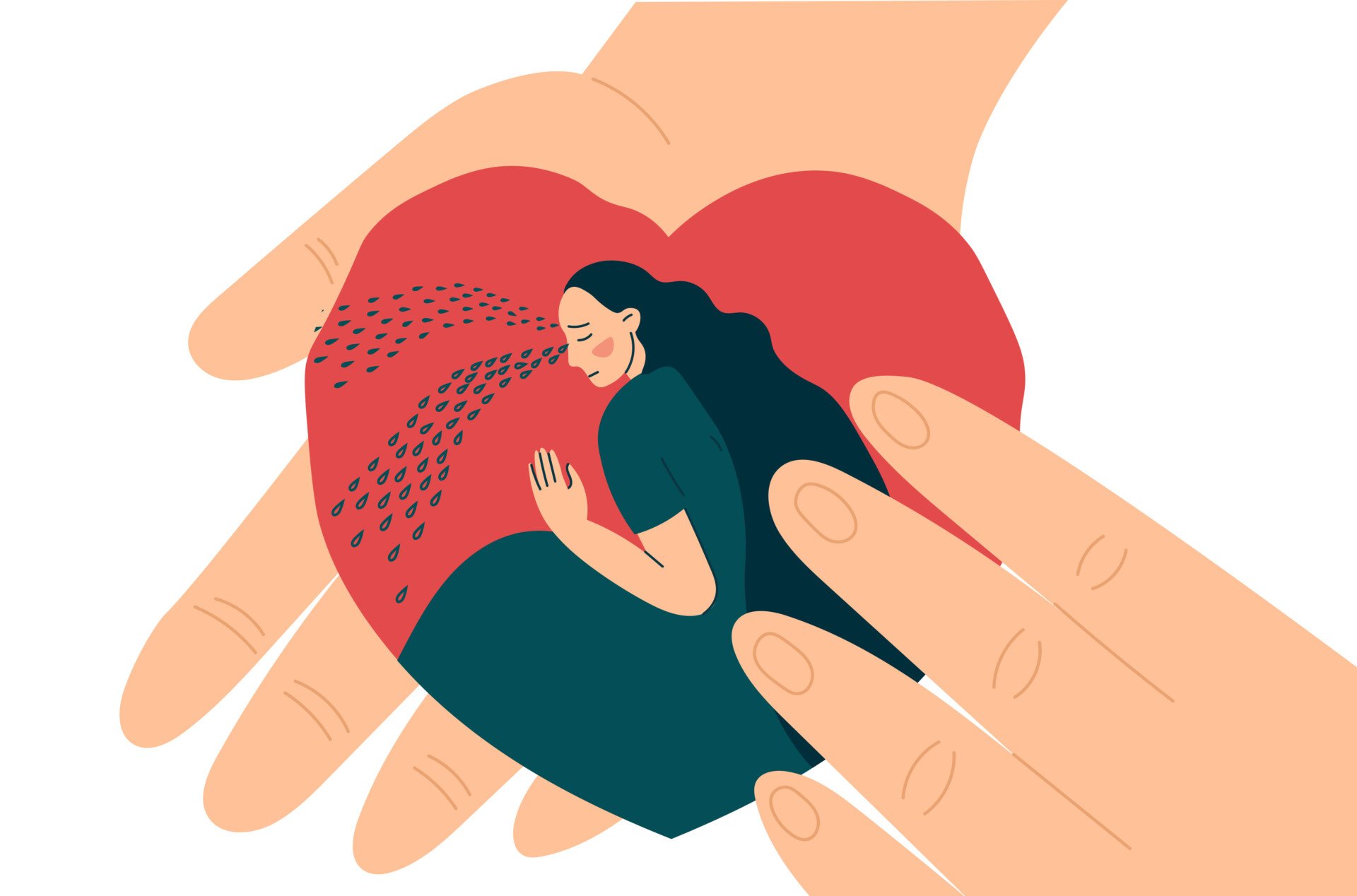Self-Concept in Psychology
Self-concept in psychology refers to an individual's self-perceived knowledge, beliefs, and feelings about themselves, encompassing elements like self-worth, self-image, and self-esteem. It's formed through experiences, interactions, and reflections, and plays a pivotal role in influencing behavior, emotions, and interpersonal relationships. A healthy self-concept promotes well-being, while a negative one can lead to emotional and social challenges.| Simply Psychology



